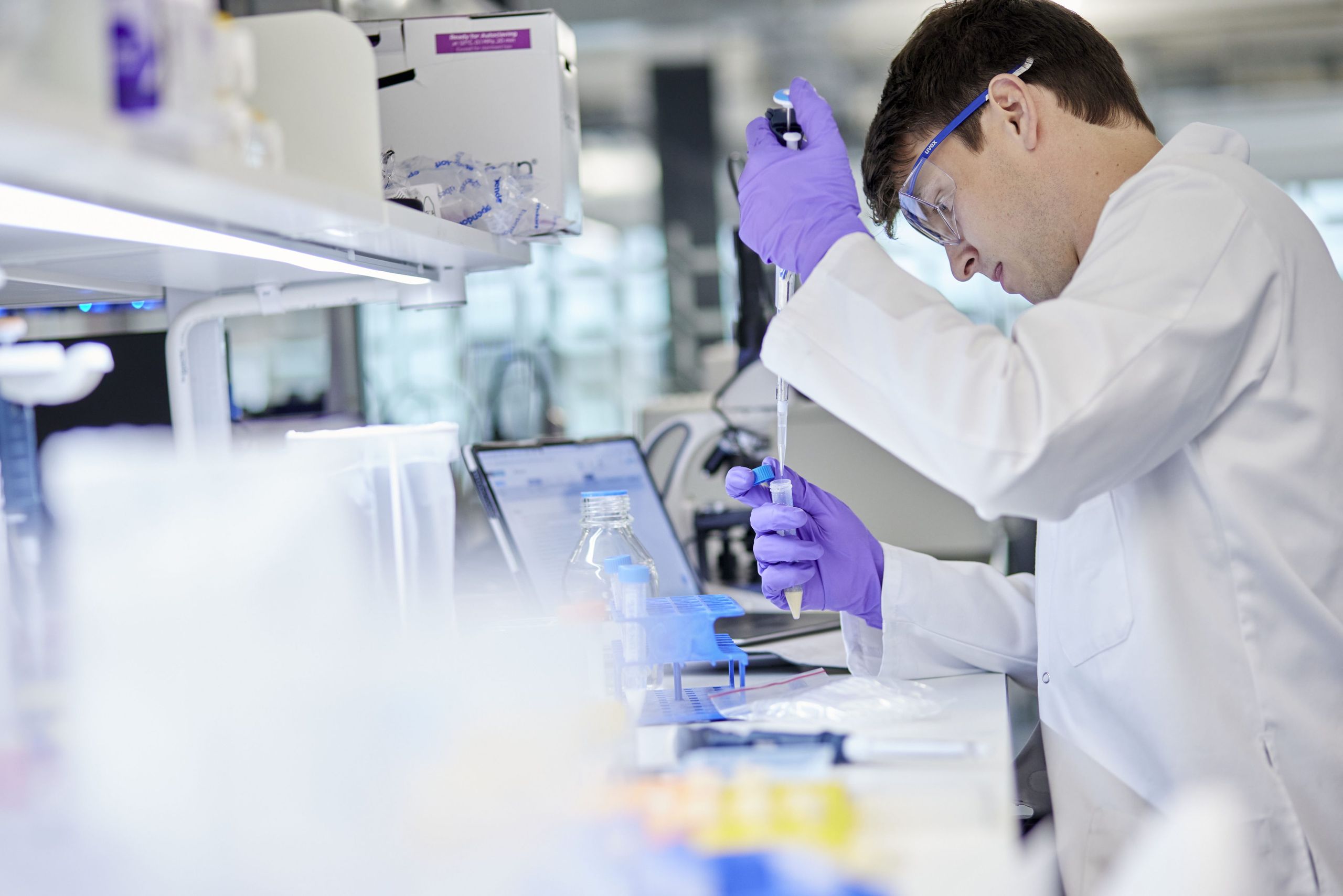In the rapidly evolving landscape of biotechnology, a groundbreaking field has emerged that is redefining the way we think about manufacturing and engineering: cell-free technology.
It is not an exaggeration to say that this innovative approach could change everything. Cell-free technology is revolutionizing the production of valuable biomolecules, chemicals and materials by harnessing the power of cellular machinery without the need for living cells. This vibrant innovation space could rapidly increase bio-driven components of industries, speeding the transition away from fossil-fuel dependent processes and decarbonizing manufacturing.
But there are many components in this machine. In this blog, we’ll explore the fascinating world of cell-free technology—and introduce you to some of the key players and startups driving this change.



